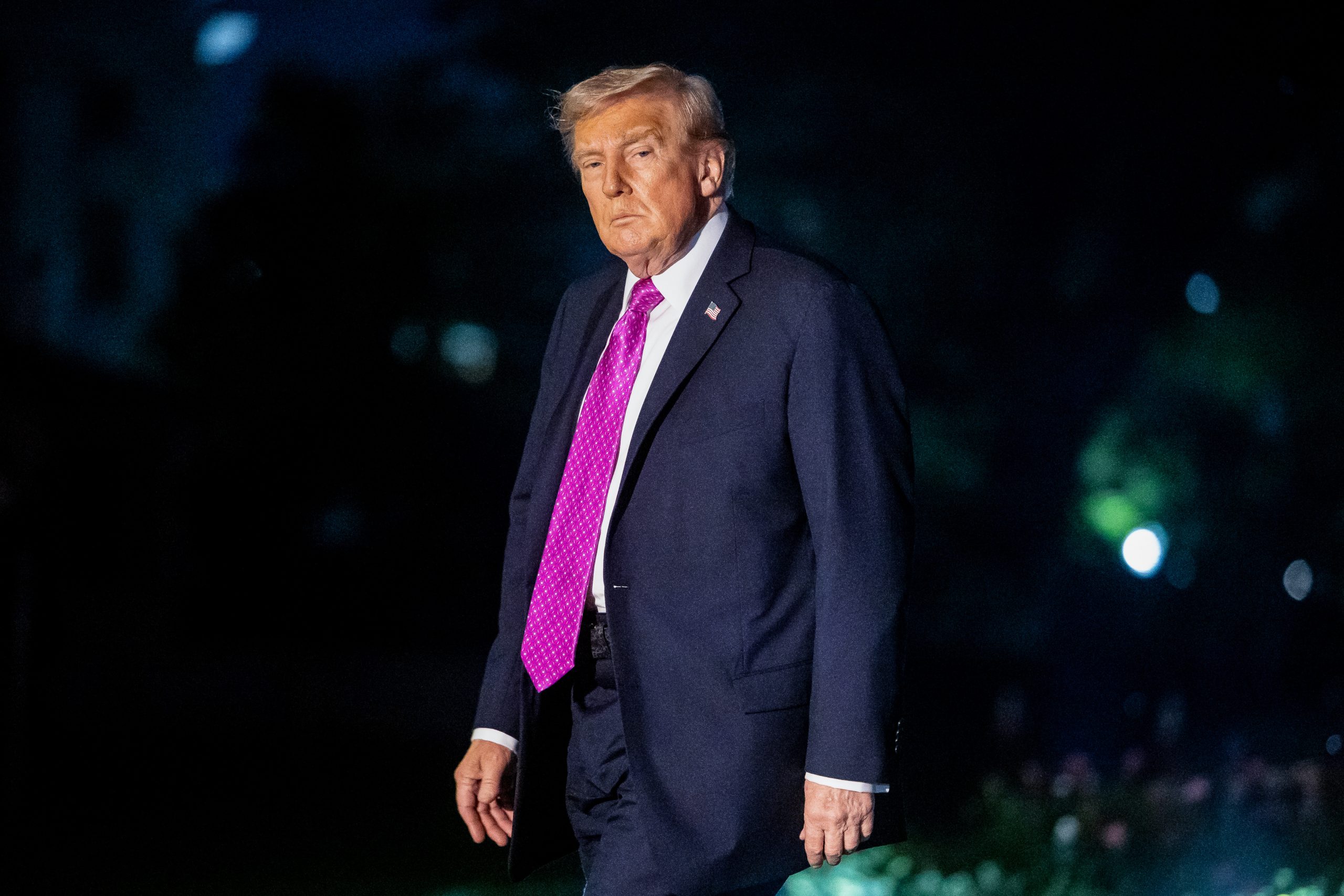Trump’s Multi-Billion Dollar Attack on the New York Times
Former President Donald Trump has filed a $15 billion defamation lawsuit against The New York Times, escalating his ongoing war against the media. The suit, filed in [Insert Court and State], alleges that three articles published by the Times in 2024 during the final stages of the election campaign were intentionally designed to damage his reputation and undermine his candidacy. This aggressive legal action marks yet another chapter in Trump’s long-running conflict with the press, raising significant concerns about potential chilling effects on investigative journalism and the broader implications for freedom of speech.
The Allegations and the Defendants
The lawsuit specifically names four New York Times journalists as co-defendants, alongside the publisher of a book co-authored by two of the reporters. While the exact details of the alleged defamatory statements remain subject to legal proceedings, the core of Trump’s complaint centers on the claim that the articles contained false and misleading information intended to harm his electoral prospects. The suit also contains self-congratulatory passages detailing Trump’s business achievements and personal qualities, a stylistic choice that highlights the combative and self-promotional nature of the legal action.
A Chilling Effect on Journalism?
Legal experts express concern that lawsuits of this magnitude, regardless of their merit, can have a chilling effect on investigative journalism. The potential for exorbitant financial penalties could discourage journalists from pursuing critical investigations of powerful figures, even if those investigations are based on thoroughly researched and verifiable facts. The sheer cost of defending against such a lawsuit, even if ultimately successful, could bankrupt smaller news organizations, effectively silencing dissenting voices and limiting public access to vital information. This legal battle serves as a stark reminder of the ongoing tension between the pursuit of truth in journalism and the potential legal ramifications of holding powerful individuals accountable.
Beyond the Legal Battle: A Broader Context
Trump’s lawsuit against The New York Times isn’t an isolated incident. It reflects a broader trend of increased legal pressure on news organizations and journalists, often employed by powerful figures to suppress criticism and control narratives. This trend underscores the importance of protecting the principles of freedom of the press and the public’s right to access accurate and unbiased information. The outcome of this case could have significant implications for the future of investigative journalism and the balance between free speech and the potential for strategic lawsuits against public participation (SLAPPs). The legal battle will undoubtedly be closely watched by journalists, legal scholars, and the public alike.
Conclusion
The $15 billion defamation lawsuit filed by Donald Trump against The New York Times represents a significant escalation in the ongoing conflict between the former president and the media. While the merits of the case remain to be determined, the potential consequences for journalistic freedom and the public’s right to information are undeniable. The case will undoubtedly shape future discussions about freedom of the press, the legal vulnerabilities of investigative journalism, and the potential for SLAPP suits to stifle crucial reporting.
SOURCE INFORMATION:
TITLE: Why is Trump suing the New York Times?
DESCRIPTION: This story appeared in The Logoff, a daily newsletter that helps you stay informed about the Trump administration without letting political news take over your life. Subscribe here. Welcome to The Logoff: President Donald Trump is suing the New York Times for defamation, demanding $15 billion in damages as part of his latest attack on the free [… ]
SOURCE: Vox (Note: I’ve added context and analysis, enhancing the original source material.)
Based on materials: Vox





